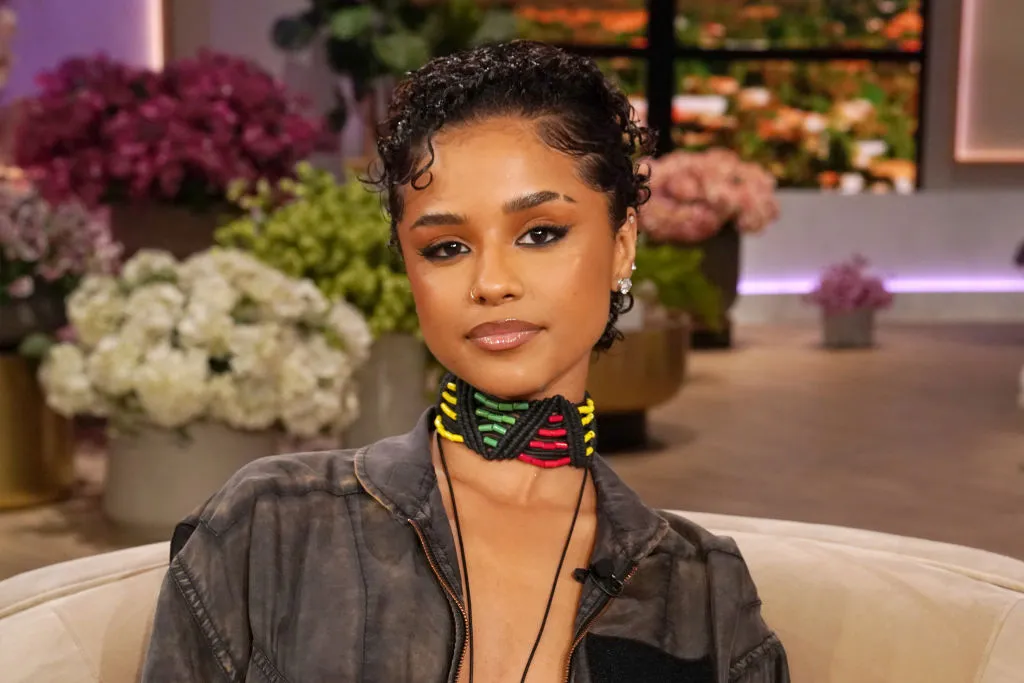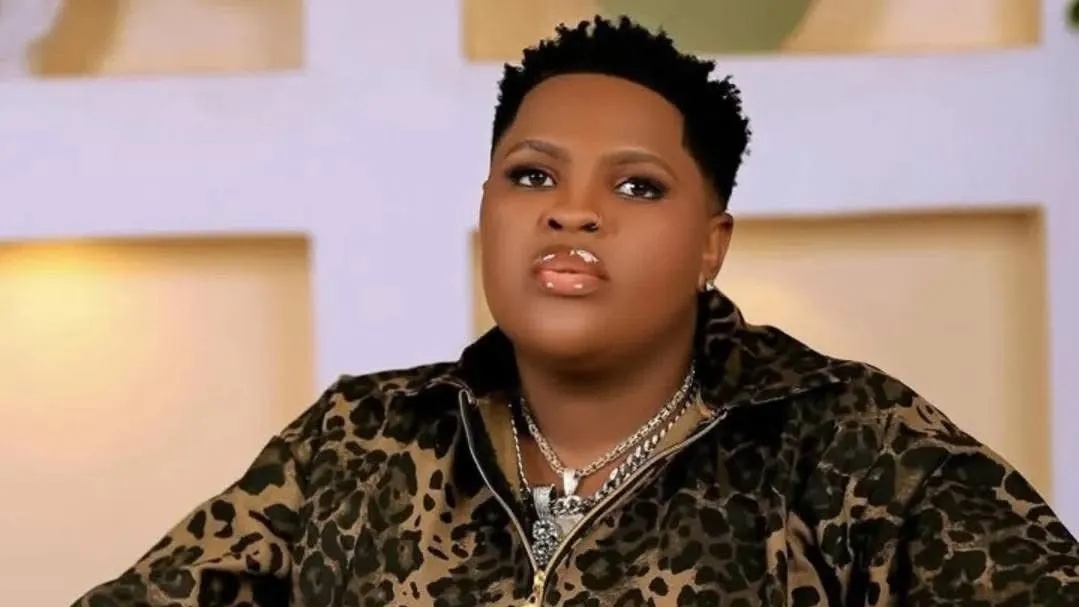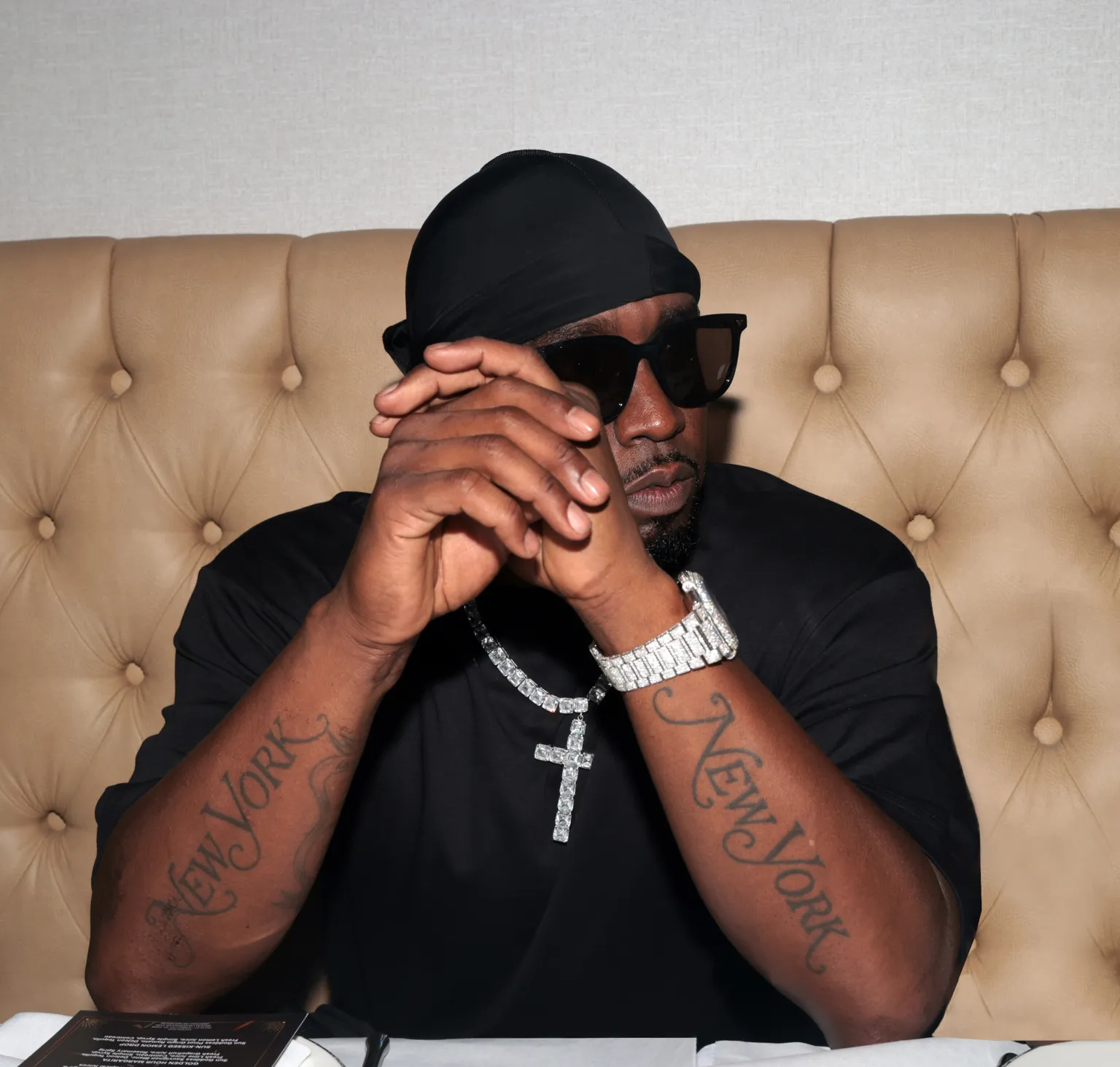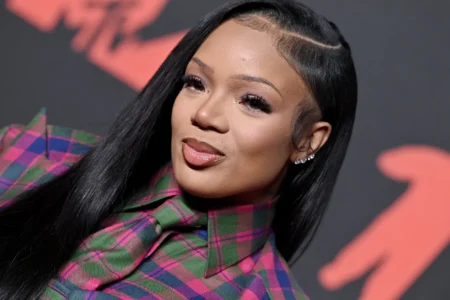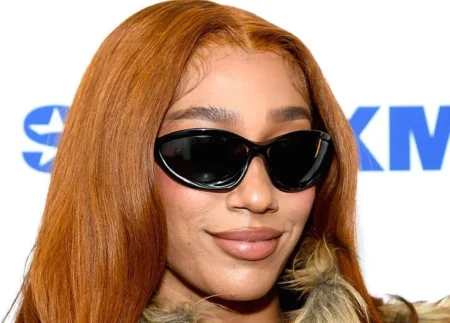South African singer Tyla has finally spoken out about the backlash she faced after referring to herself as a “coloured woman.” In a candid interview with British Vogue, the Grammy-winning artist reflected on the controversy, revealing how the situation quickly spiraled beyond her control.
The Viral Backlash
Tyla, known for hits like Water, first sparked debate when she used the term “coloured” to describe her racial identity. While the term holds a specific historical and cultural meaning in South Africa, it carries a deeply offensive connotation in other parts of the world, particularly in the United States and the UK. The reaction was swift, with social media users criticizing her for what they perceived as an outdated and inappropriate label.
In her interview, Tyla admitted that she felt powerless as the backlash gained momentum. “Honestly… I felt like I had no… no control. People took it and… it just went so far that I didn’t know what to do,” she shared.
She acknowledged the sensitivity of the term in different contexts, adding, “The way people painted me… and I understand that word is a sensitive word for people, so I don’t blame anyone for being touched by it. I just would have wanted an opportunity for people to actually listen and learn.”
Choosing Silence Over Justification
Rather than engaging in heated debates online, Tyla chose to stay silent, a decision she now stands by. “Me choosing not to say anything… I’m happy that I didn’t. I didn’t want to explain my culture and something that is really important to me on a platform that was just going to purposefully misconstrue it.”
She further explained that she had previously clarified her identity and background, but the backlash seemed to take on a life of its own. “I’ve explained it many times before, but people took that and put words in my mouth. They said a whole bunch of things I never said and ran with it.”
Understanding South Africa’s ‘Coloured’ Identity
In South Africa, the term “coloured” refers to a distinct multiracial ethnic group with roots in African, European, and Asian ancestry. It is widely used in the country’s racial classification system and does not carry the same derogatory meaning as it does in the U.S. and other Western nations. However, due to its complex history, the term remains controversial in international discourse.
Many South Africans defended Tyla, emphasizing the importance of understanding cultural context before jumping to conclusions. However, the global nature of the internet meant that many critics viewed the term through the lens of their own cultural experiences, intensifying the backlash.
Celebrities and Cultural Misunderstandings
Tyla is not the first celebrity to face backlash over cultural differences. Artists like Doja Cat, Trevor Noah, and Charlize Theron have all encountered similar scrutiny when discussing their South African heritage in a global setting. The incident highlights the ongoing challenges that arise when cultural identities intersect with international audiences.
Moving Forward
Despite the controversy, Tyla remains focused on her music and career. With the success of her breakout single Water and a growing international fanbase, she is poised to become one of the biggest stars from Africa. While she acknowledges the misunderstanding, she also hopes for a broader conversation about cultural nuances and identity.
As social media continues to blur geographical and cultural boundaries, Tyla’s experience serves as a reminder that context matters. Her story underscores the importance of listening, learning, and fostering dialogue rather than rushing to judgment.
Final Thoughts
Tyla’s decision to remain silent during the controversy reflects her awareness of how online discourse can distort intentions. As she continues to rise in the global music scene, she hopes that people will take the time to understand her background and South Africa’s unique racial dynamics before making assumptions.
In the end, her focus remains on what she does best—making music that transcends borders and brings people together.




